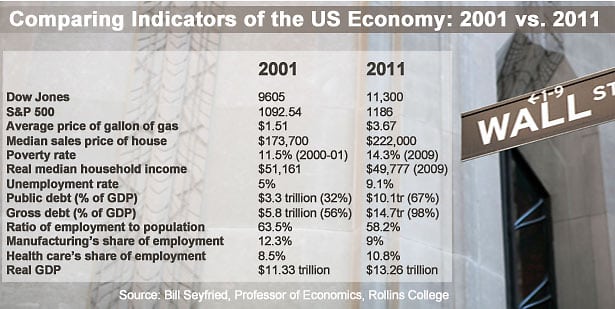"Ideally consumers and realtors understand the distinction in between the capability to get approved for a house and the capability to keep and truly manage it now," says Sharga. In addition to individuals who lost their homes, lending institutions and builders experienced remarkable financial discomfort, says Herbert. "That discomfort has left them more threat averse, so lending institutions are more cautious when supplying funding to customers and to contractors," says Herbert.
"A lot of the items that started the crisis aren't around and the practices that began it are severely constrained," states Fratantoni. Amongst those homeowners who lost their house to a short sale or foreclosure, about 35 percent have actually now acquired another home, according to CoreLogic. how to make money in mcdowell and company real estate. "That indicates that 65 percent didn't return," says Frank Nothaft, primary financial expert at CoreLogic in Washington. how long does it take to get real estate license.
"Low documents and interest-only loans were all right as a small niche for otherwise qualified customers with specific circumstances," states Nothaft. "The issue was that these risky loans became commonly offered to subprime customers." About one-third of all mortgages in 2006 were low or no-documentation loans or subprime loans, states Nothaft - how to choose Click for more a real estate agent.

"A foreclosure hurts households, communities, loan providers and investors." While policies such as Dodd-Frank changed the monetary world, lending institutions and financiers also lost their hunger for risk https://penzu.com/p/69ba86d7 and have actually changed their behavior, states Sam Khater, primary economist of Freddie Mac in McLean, Va. As a result, he says, home loan performance is better than it has been in 20 years.